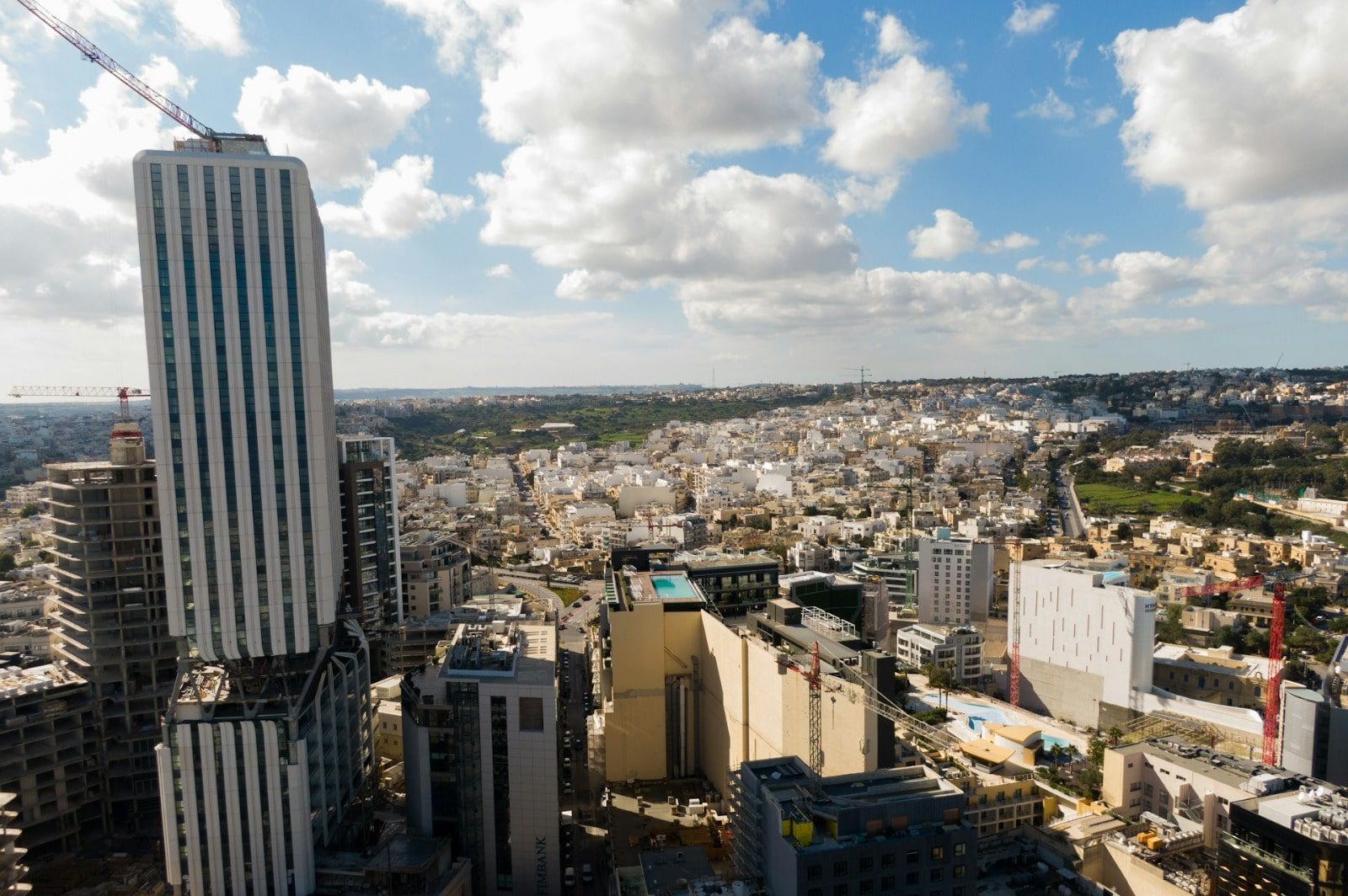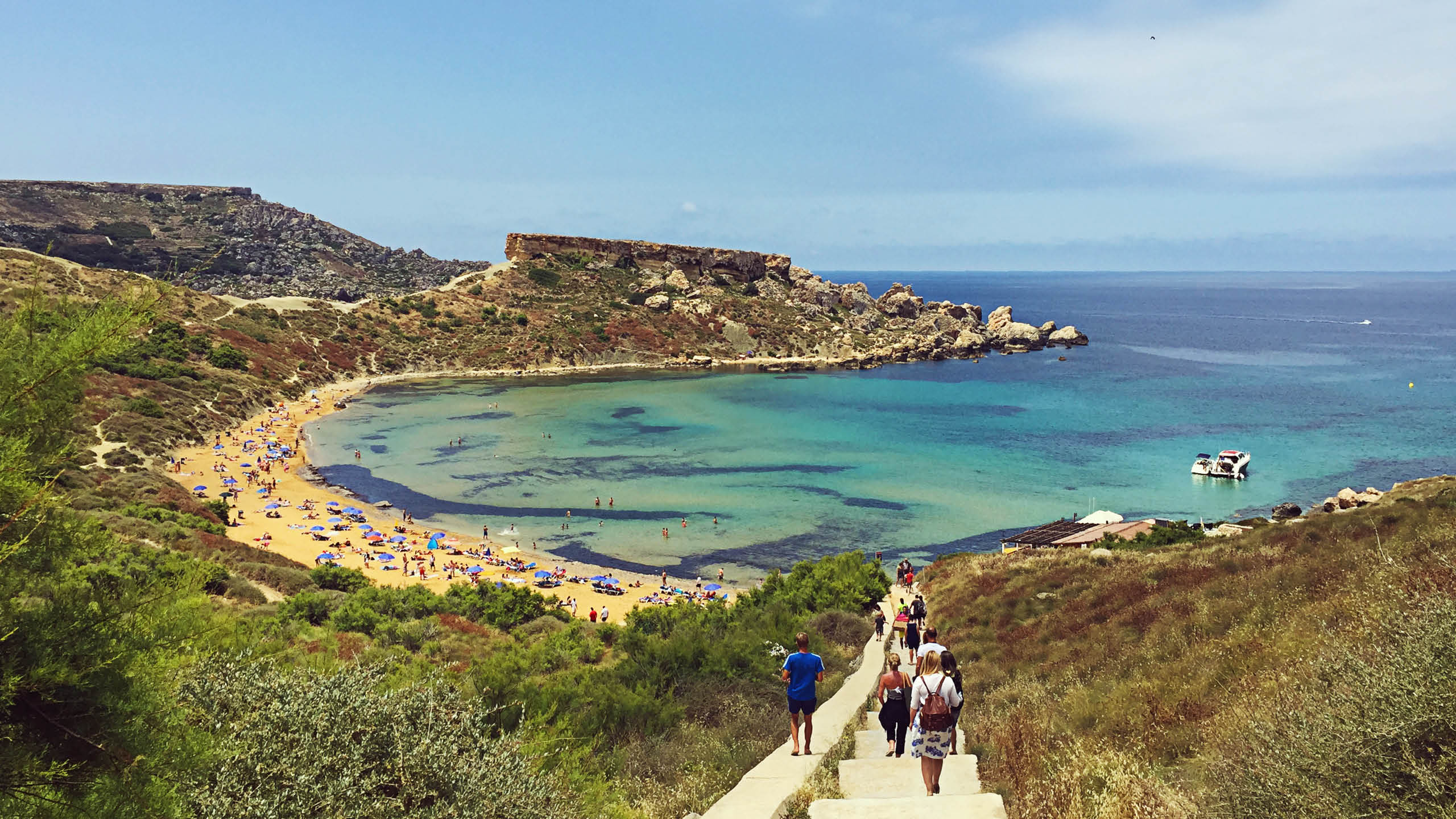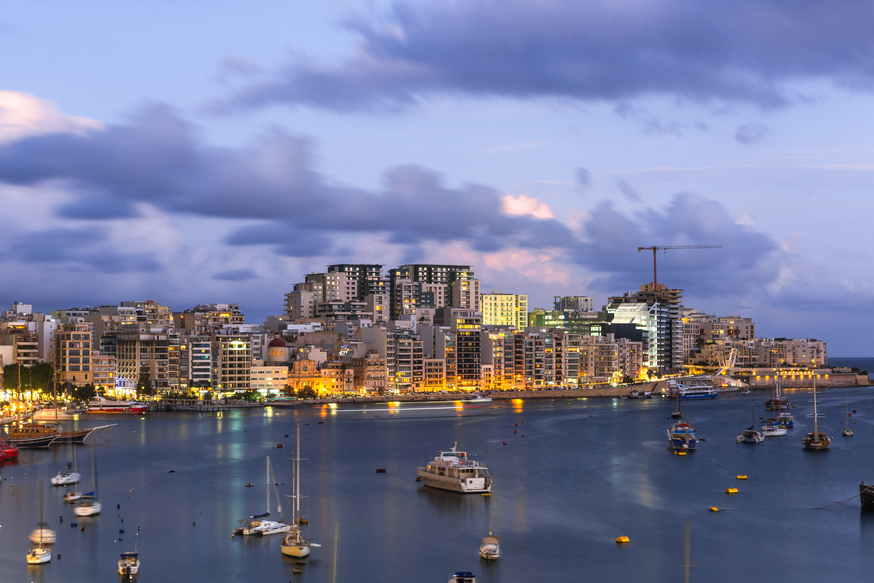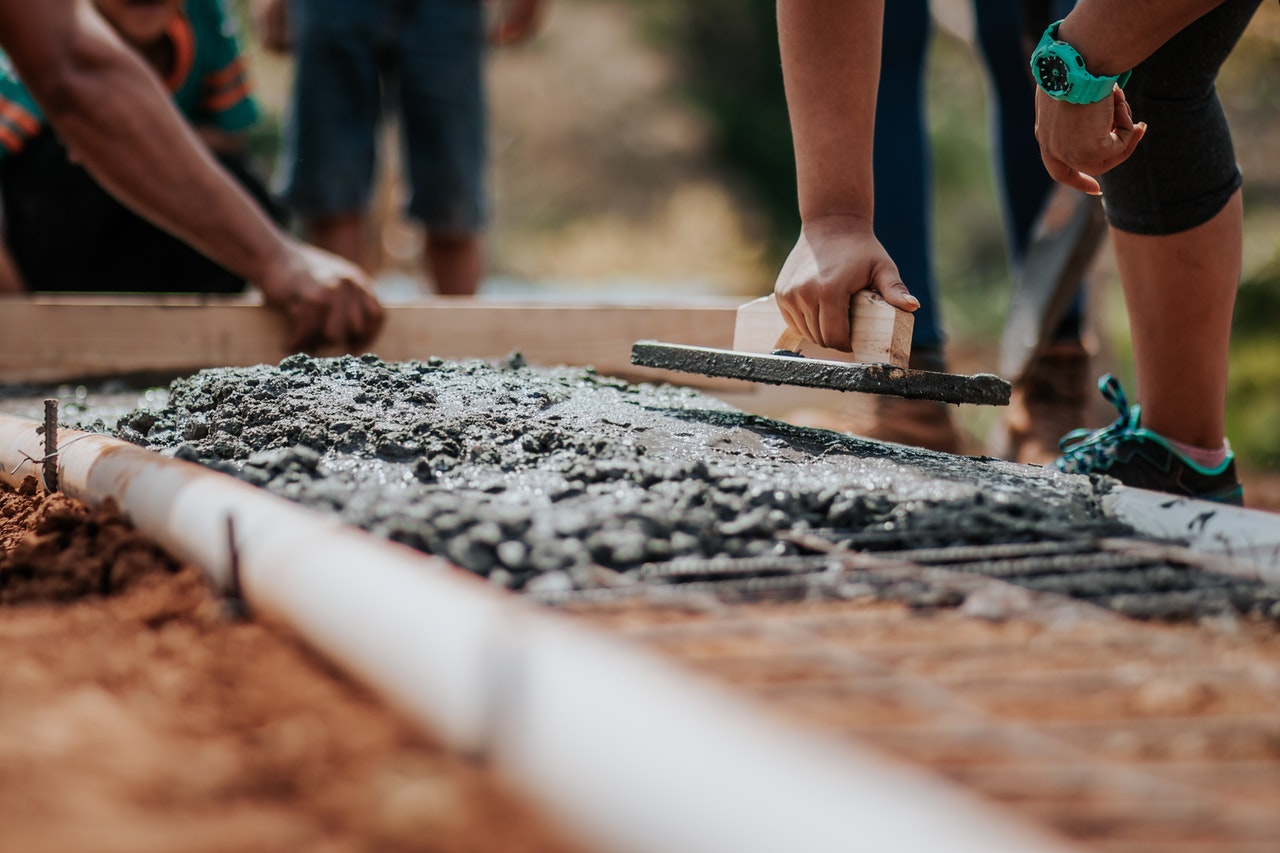An expat living in Malta has warned fellow expats about choosing to settle in Malta’s Northern Harbour area, particularly Gżira, Msida and Sliema, suggesting they look for quieter villages in the island instead.
Over the years, Malta’s ranking as a place for expats has plummeted, amid dissatisfaction with the urban environment, infrastructure, and inaccessible public transport. A survey from last year indicated that out of 53 surveyed countries, Malta came in 46th, a sharp drop off from the all-time high of 2016, when it was second in the list.
One factor which has contributed to this is the substantial amount of construction taking place all over the Maltese Islands, particularly in the already built-up Northern Harbour area, including localities such as Sliema and St Julian’s.
Alex Vasilevski, an expat who has lived in Malta for the past nine years, confirmed this in a video he recently published on his YouTube channel. In the video, he looked back on his time in the country, pinpointing the different lessons he learnt throughout the years, such as the difficulties in forming long-lasting friendships, as well as getting used to the heat.
In one part of the video, he remarked that the locality one chooses to live in is crucial to how they portray their time in Malta.
Mr Vasilevski, a hospitality industry professional who works in Sliema, had previously lived in Gżira, Msida, and Sliema, close to his workplace. However, he recently bought an apartment in Żurrieq, on the other side of the island, and has not looked back since.
“It’s beautiful and very quiet. It recharges my batteries, it’s clean, and there are no traffic jams here. There are so many nice areas for a walk or a job,” he said.
Mr Vasilevski described his previous experience living in the more congested eastern part of Malta as “super chaotic.”
“I was living in a street that had constant construction, and there was always a building being knocked down and another one coming up. I lived there for four years, and you kind of get used to living in a place like that. You get used to going out of your building, seeing people with helmets, bulldozers and equipment. I have nothing against that, but it always seemed as if I was walking out into a construction site,” he remarked.
Once he made the switch to Żurrieq, Mr Vasilevski quickly realised that he had longed for the peace and quiet offered by more rural localities.
It is important to point out that Mr Vasilevski got his driving licence a few years ago, thus making it easier for him to get around the island and still go to work in Sliema. For those expats who don’t have a licence, choosing localities which are relatively far away from their workplace can be problematic. This is further emphasised when considering the limited public transport options in Malta, particularly when one moves further away from the Grand Harbour and Marsamxett Harbour regions.
He suggested that expats who are looking to make the move to Malta and immediately want to live in a peaceful area, should look for villages spread around the island, avoiding the more developed parts of the country.
“When I say village, you may initially think there are chickens and cows all over, but it is not like that. These are typical Maltese villages. You have places like Żurrieq, Qrendi, Siġġiewi, and if you’d like to go more towards the north, there’s an area in Mellieħa called Santa Maria Estates, yet it is more for those who are super rich,” Mr Vasilevski noted.
However, he also acknowledged that there are localities that are closer to the harbour area that are quieter than the more popular Sliema and St Julian’s, yet finding a property in these towns and villages for a similar price to the more rural ones can be slightly more difficult.
Għajn Tuffieħa Bay named ‘most beautiful beach in Europe’ for 2024 by European travel platform
The results are based on the votes of 103,224 worldwide travellers
MDA says April 2024 broke records with value of promise of sale agreements surging by 14.4%
A report from the MDA highlights that there were 1,385 promise of sale agreements last month
1,695 businesses found employing non-EU workers illegally in 2023
The figure amounts to a significant portion of all employers in Malta






